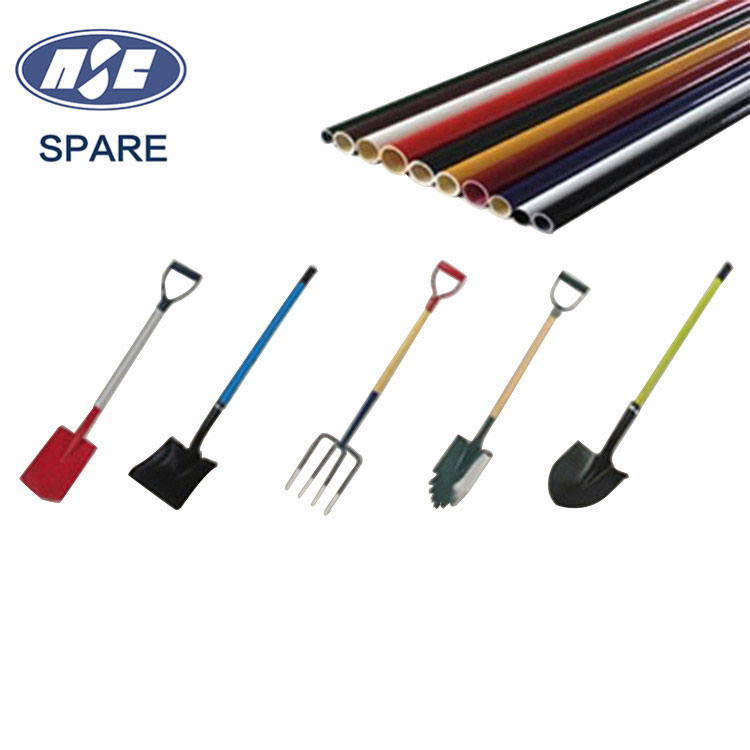FRP Tool Handles: Durable and Lightweight Solutions for Industrial Tools
2025-07-03
FRP (Fiber Reinforced Plastic) tool handlesare increasingly popular components in various hand tools due to their exceptional strength, durability, and lightweight properties. Made by reinforcing plastic resins with glass fibers, FRP handles offer superior performance compared to traditional wooden or metal handles, making them ideal for demanding industrial and professional applications.
What Are FRP Tool Handles?
FRP tool handles are handles made from composite materials that combine plastic with glass fiber reinforcement. This combination results in a material that is lightweight, yet strong and resistant to wear, chemicals, and environmental exposure. FRP handles are commonly used in tools such as hammers, axes, shovels, and other hand tools that require both durability and ergonomic comfort.

Key Advantages of FRP Tool Handles
High Strength-to-Weight Ratio:FRP handles are strong enough to withstand heavy impacts while remaining lighter than metal handles.
Corrosion Resistance:Unlike metal, FRP does not rust, making it suitable for outdoor or wet environments.
Durability:Resistant to cracking, splitting, and weathering over time.
Ergonomic Design:Can be molded into comfortable shapes with anti-slip textures.
Low Maintenance:Requires minimal upkeep compared to wood handles that may warp or splinter.
Electrical Insulation:FRP is non-conductive, providing added safety when working near electrical sources.
Applications of FRP Tool Handles
Construction and Demolition Tools:Sledgehammers, picks, and pry bars.
Gardening and Landscaping:Shovels, rakes, hoes, and axes.
Agriculture:Tools for soil preparation and harvesting.
Utility and Maintenance:Crowbars, chisels, and various hand tools.
Outdoor and Forestry:Axes and other cutting tools requiring robust handles.
Why Choose FRP Tool Handles?
Improved Safety:The non-conductive nature of FRP reduces electrical hazards.
Enhanced Comfort:Lightweight design reduces user fatigue during prolonged use.
Longevity:Resistant to environmental damage including moisture, UV rays, and chemicals.
Cost-Effectiveness:Although sometimes more expensive upfront than wood, FRP handles save money over time due to reduced replacement and maintenance costs.
Considerations When Selecting FRP Tool Handles
Compatibility:Ensure the handle size and shape match the specific tool head.
Grip Texture:Look for handles with textured or coated surfaces to enhance grip.
Length and Weight:Choose handles suited for the intended task and user preference.
Quality Standards:Opt for handles that meet industry safety and durability certifications.
Conclusion
FRP tool handles provide a modern, reliable alternative to traditional handle materials, offering superior strength, comfort, and resistance to wear and environmental factors. Whether for professional construction, gardening, or general-purpose use, FRP handles enhance tool performance and user safety, making them an excellent choice for a wide range of applications.


